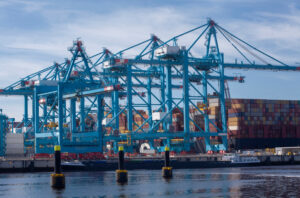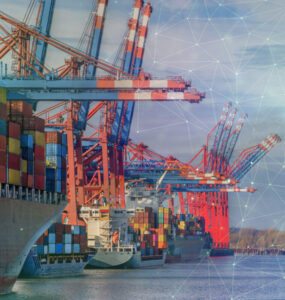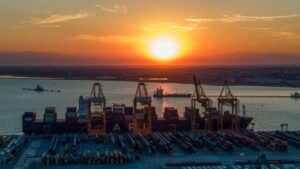The Maritime Employers Association (MEA) has announced the launch of its artificial intelligence project Galileo to improve workforce planning at the Port of Montréal.
Designed in collaboration with Airudi and with the contribution of Scale AI, the tool is designed to improve the planning surrounding the dispatch of the port workforce.
Using artificial intelligence, Galileo will complement the Port of Montréal’s projects by providing supply chain visibility.
The new tool makes it possible to accurately predict the arrival time of ships up to 21 days in advance; an improvement over the status quo (which allows for only 24 hours of real-time visibility) improving the performance and increase fluidity at the Port of Montréal.
Taking into account port traffic, the weather, and the quantity and type of merchandise, Galileo proposes an optimal scenario for the dispatch of the labour force that both respects the collective agreements, and factors in the availability of port workers and the required classifications.
READ: Port of Montréal forms threefold alliance to bolster Canada’s main trade corridor
Terminal operators will therefore have an additional resource at their disposal to help them make better decisions regarding their labour needs.
Benefits include: a reduction in labour shortages; optimised hiring costs; lower error ratio in labour forecasting; optimised technical training programs; and better coordination between stakeholders.
MEA is the employer of longshore workers and checkers. It recruits, trains and deploys labour in the ports of Montréal, Contrecœur, Trois-Rivières, Bécancour, Hamilton and Toronto.









